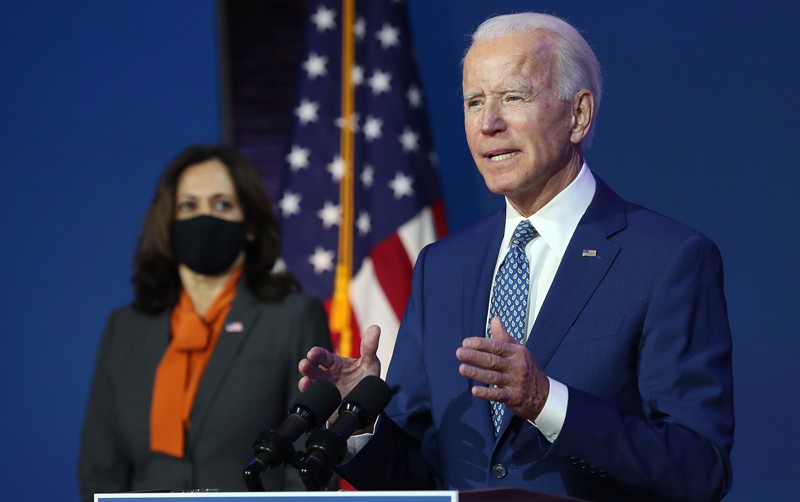With the recent push towards electric mobility from the average person to the President of the United States, large and small automakers alike are seemingly on board with where the new administration is taking EVs. Not only automakers but other companies as well as, specifically the United Auto Workers (UAW) who has made a written request to the Biden Administration asking to push a little harder in the form of tax credits and incentives for the EV industry.
President Biden has been discussing his $3-trillion infrastructure plan in recent weeks. A plan that includes proposed $174 billion investment in to electric vehicles in the outline to aid in accelerating the adoption of electric mobility. The proposal includes electric car tax credits and EV charging infrastructure build-out, among several other things.
According to Reuters (via Autoblog): “As a candidate, Biden pledged to invest $2 trillion in infrastructure spending, including fixing highways, bridges and airports; encouraging fuel-efficient vehicle manufacturing and installing 500,000 EV charging stations. The letter noted there are currently 100,000 public charging outlets nationwide.”
In recent months, several automakers large and small have presented their plans to move towards and electric future. A decision that many automakers did not take lightly and some are still hesitant to do. However, should Biden’s new plan pass, it could be the nudge some of these companies need to make the switch. With financial help from the government, automakers can rest easy when it comes to the infamously expensive production of the electric vehicle.
In the letter from the United Auto Workers (UAW) it is noted that there are 278 million passenger vehicles currently registered in the US. Of those vehicles, a mere 1.5 million are EVs accounting for just 2% of vehicle sales in the US currently.
Head of the Alliance for Automobile Innovation John Bozzella stated: “To fully transition is going to require an enormous effort across the economy in every sector.”
The letter also notes that currently, there’s no way to transition to carbon-free transportation with out a “comprehensive plan” as well as support of the government in the form of major policy changes.

